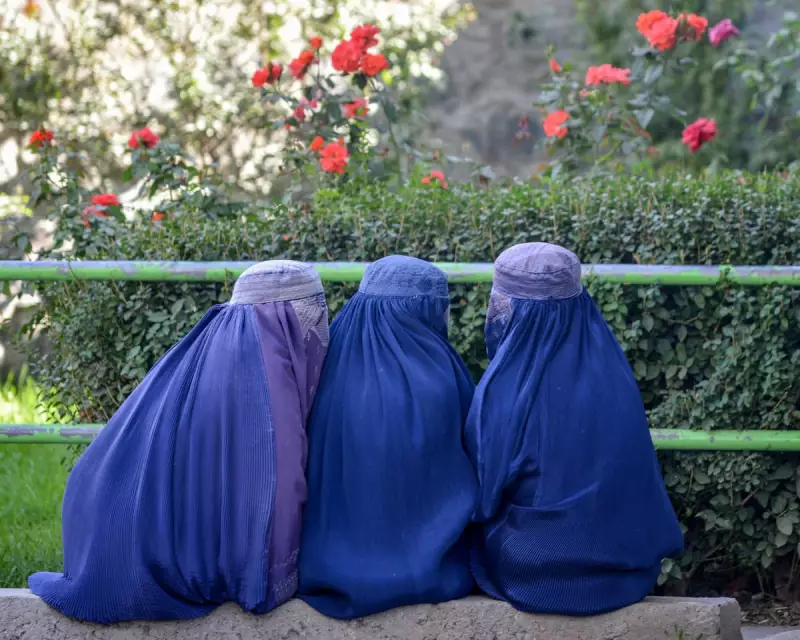
Portugal's parliament has ignited a fierce national debate after approving legislation that prohibits the wearing of face-covering veils in public buildings and spaces. The controversial bill, passed on Friday, has drawn immediate criticism from human rights organisations and Muslim community leaders who argue it specifically targets Islamic religious practice.
A Divisive Political Decision
The legislation received overwhelming support from both the centre-right Social Democratic Party and the far-right Chega party, creating an unusual political alliance. Critics have condemned this collaboration, suggesting it represents a worrying shift toward populist policies that marginalise minority communities.
Justice Minister Margarida Blasco defended the legislation, stating it aims to ensure 'security and full identification of individuals' in public spaces. However, opponents counter that the law disproportionately affects Muslim women who wear the niqab or burqa as part of their religious observance.
Community Backlash and Human Rights Concerns
Islamic community representatives have expressed profound disappointment with the decision. A spokesperson for the Lisbon Islamic Community called the legislation 'a solution searching for a problem', noting that very few women in Portugal wear full-face veils.
Human rights organisations have raised alarms about the potential consequences:
- Further marginalisation of Muslim women in Portuguese society
- Restrictions on religious freedom and expression
- Potential increase in Islamophobic incidents
- Violation of Portugal's tradition of religious tolerance
European Context and Legal Challenges
Portugal now joins several other European nations, including France, Belgium, and Denmark, that have implemented similar restrictions on face coverings. The decision comes amid growing far-right influence across Europe and increasing debates about religious symbols in public life.
Legal experts suggest the legislation may face constitutional challenges, particularly regarding freedom of religion protections enshrined in Portugal's fundamental law. The country's constitutional court has previously demonstrated willingness to strike down legislation that infringes upon fundamental rights.
As Portugal grapples with the implications of this controversial law, many are watching to see how it will affect the country's reputation for tolerance and its growing Muslim community. The legislation is expected to come into effect within the coming months, though legal challenges could delay its implementation.





